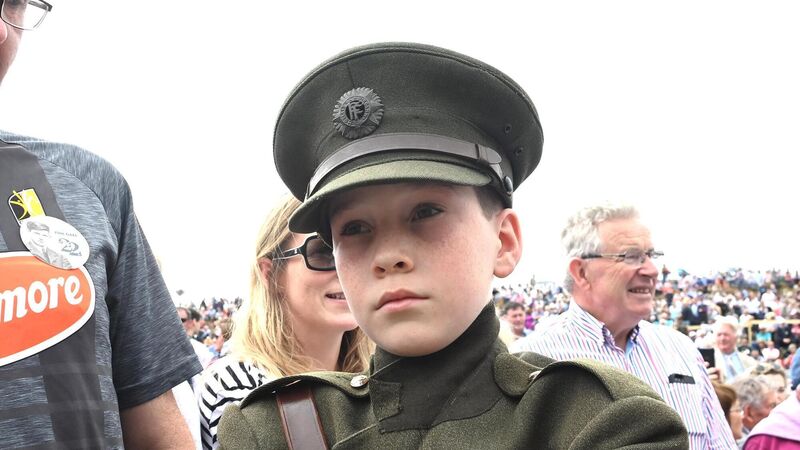Béal na Bláth: The General belongs in the heart of all of us

The buildup of hundreds of cars in the small Cork village of Crookstown long before midday was an indication that this year's commemoration of the death of General Michael Collins was different.
There are not many occasions in Ireland's young history that would see a remote spot in the heart of Cork county on a Sunday afternoon resemble a county final or a high-profile concert, but The Big Fella can still draw the crowds 100 years after his untimely death in Béal na Bláth.










